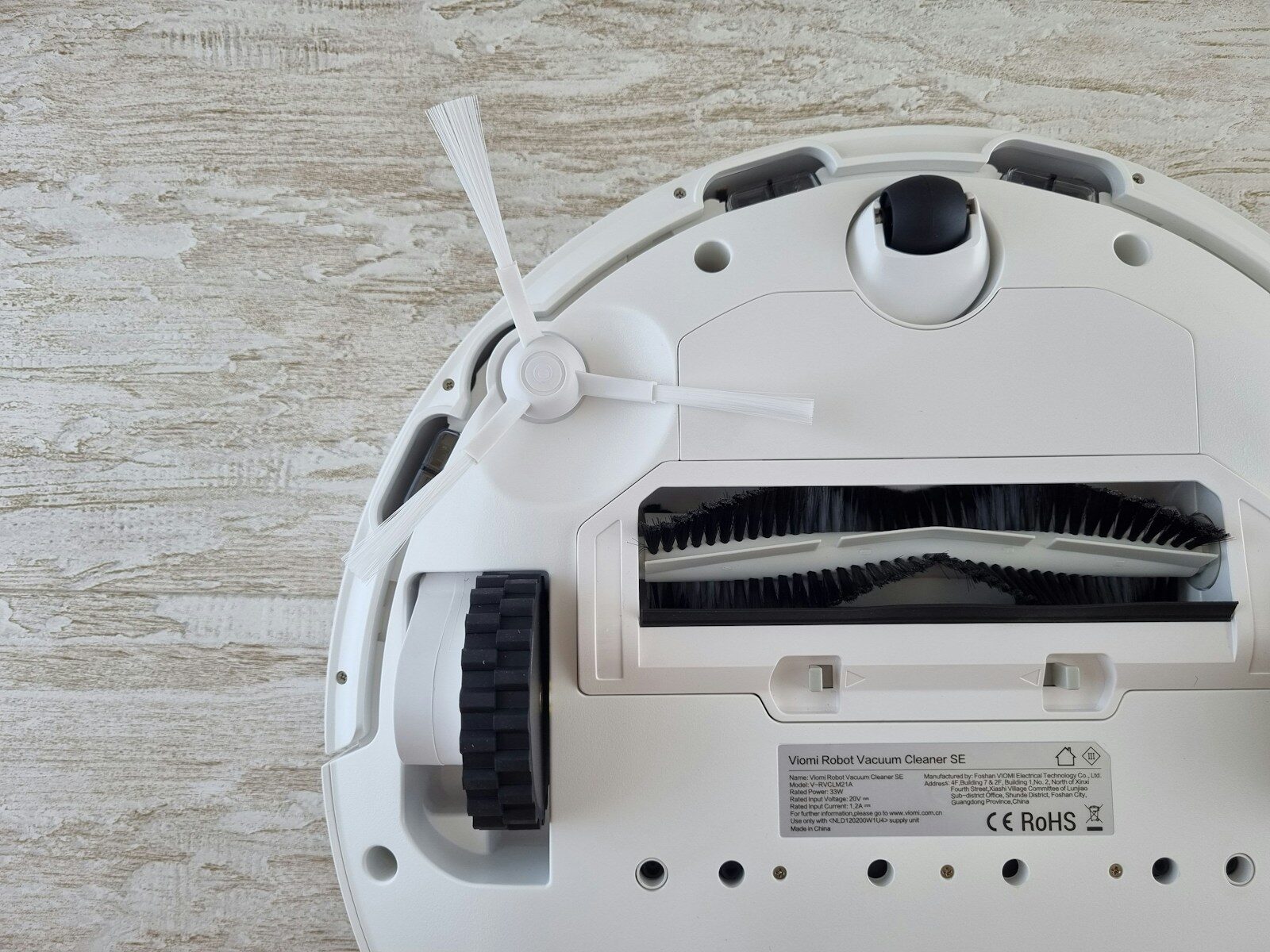The Rise of AI Gadgets That Monitor Health
Health monitoring has taken on a new dimension thanks to advancements in technology, particularly through the development of AI gadgets. These innovative devices are equipped with sophisticated algorithms and sensors, allowing users to keep a close eye on their health metrics in real-time. For tech enthusiasts and robotics hobbyists, AI gadgets that monitor health provide a fascinating intersection of health and technology, showcasing the capabilities of automation and smart devices. These tools not only facilitate the management of personal health but can also transform healthcare delivery, making it more efficient and accessible.
One of the primary reasons these gadgets are gaining traction is the increasing awareness of personal health and well-being. COVID-19 has heightened health consciousness, leading to a surge in demand for devices that can easily track various health metrics from the comfort of one’s home. With the integration of AI, these gadgets analyze data more accurately than ever, providing insightful feedback and recommendations that can lead to better health outcomes.
Types of AI Gadgets That Monitor Health
Wearable Devices
Wearable technology has become a major player in the health monitoring space. Smartwatches like the Apple Watch and Fitbit use AI algorithms to track physical health indicators such as heart rate, sleep patterns, and even blood oxygen levels. These devices utilize data from sensors that collect information throughout the day, allowing users to understand their fitness levels more thoroughly.
In addition to smartwatches, wearables such as the Oura Ring and various fitness bands also offer advanced features like activity tracking, period monitoring, and recovery insights. Many of these devices sync with mobile apps, providing a user-friendly interface that makes it easy for those new to health monitoring to get started.
Smart Scales
Smart scales are another invaluable tool in the realm of health monitoring. Equipped with AI technology, these devices do not just measure weight; they often provide insights on body composition, including muscle mass, fat percentage, and hydration levels. Brands like Withings and Eufy offer smart scales that can sync data with health apps, making it easy to visualize progress over time.
Smart Home Devices
Home automation is taking a health-focused twist with smart devices that help monitor environmental conditions. For instance, air quality monitors measure pollutants and allergens in your living space, while smart thermostats can help maintain optimal temperature and humidity levels, supporting respiratory health. Moreover, devices like smart pill dispensers can remind users to take their medications on time, enhancing compliance in chronic health management.
Usage Tips and Common Mistakes
When utilizing AI gadgets that monitor health, users should keep a few things in mind to maximize their advantages. First, it’s vital to regularly calibrate these devices and ensure software updates are applied to benefit from the latest features and security patches. Secondly, users should be diligent about syncing their devices with health apps to maintain an organized record of their data.
One common mistake is relying solely on these gadgets without consulting healthcare professionals. While they offer valuable insights, they should complement—not replace—traditional medical advice. Additionally, skepticism towards the readings can lead people to distrust useful data; thus, it is crucial to learn about how to interpret this information.
Applications and Integration Ideas
AI gadgets that monitor health can seamlessly integrate into various environments—home, work, and even during hobbies. At home, setting up a smart health ecosystem can include wearables that track personal data combined with smart scales and air quality monitors. This combination allows for comprehensive health monitoring, ensuring improved well-being throughout the day.
In the workplace, businesses can adopt AI devices to enhance employee wellness programs. Providing employees with smart gadgets can help maintain productivity by ensuring they remain healthy and monitoring stress levels. For instance, companies can offer fitness challenges with wearable devices to encourage movement and foster teamwork.
For hobbies, fitness enthusiasts can track progress during workouts using wearables, while those interested in mental health can explore meditation apps paired with smart gadgets that monitor physiological responses to stress, leading to insights on relaxation techniques.
Benefits of AI Gadgets That Monitor Health
The advantages of incorporating AI devices into health monitoring practices are manifold. These gadgets offer exceptional efficiency by providing continuous tracking and automatic data logging, leading to informed decisions about health. AI algorithms analyze the collected data, highlighting trends users may overlook, allowing them to take proactive measures in their health journeys.
Innovation is a key feature of these gadgets. Manufacturers continually release updated models and pairs to optimize user experiences, often integrating new technologies such as machine learning for better predictions and recommendations. The element of entertainment shouldn’t be overlooked either; many devices come with gamified features that motivate and engage users.
Furthermore, the time and resources saved through the automation of health monitoring can contribute significantly to enhanced quality of life. With advanced algorithms working behind the scenes, users can focus more on living healthily rather than constantly managing their data.
Trends and Future Considerations
As AI technologies continue to evolve, so will their role in health monitoring. More personalized experiences are on the horizon, with gadgets tailored to unique individual health needs, thanks to machine learning and big data analytics. Expect to see further innovations in the accuracy of biometric sensors, enabling gadgets to listen for changes in health that may not yet have been identified by traditional methods.
The integration of AI in telehealth services is also likely to grow, allowing devices to communicate seamlessly with healthcare professionals. This shift could lead to more effective and streamlined healthcare where preventive measures become commonplace.
In addition, the convergence of health data across multiple devices will allow users to benefit from a more cohesive understanding of their well-being. From smart fridges that remind you when you’re low on nutritious foods to AI companions that ensure your mental health needs are met, the future is bright for those interested in integrating tech trends into personal health monitoring.
Exploring the realm of AI Gadgets That Monitor Health opens a world of opportunity for tech enthusiasts and health-conscious individuals alike. These smart devices not only enhance our awareness of personal health but also make the process enjoyable. For those looking to delve deeper into this fascinating world, exploring more blogs, guides, and tech products related to AI Gadgets That Monitor Health can pave the way for a healthier future.

